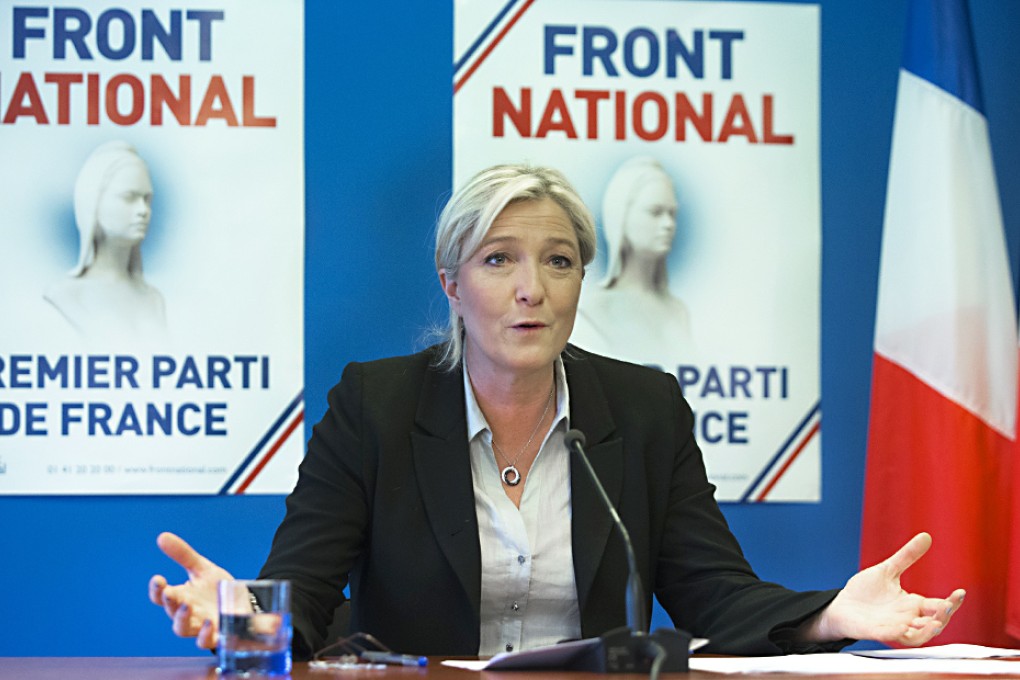Europe’s populist backlash
European elections saw anti-establishment parties make great strides, underlining voters' disillusionment after years of economic crisis

The strong showing of populist and anti-establishment parties in last weekend's European Parliament elections had been on the cards for some time.
Staged every five years, the elections this year were a gift to the assortment of extremist, nationalist and anti-austerity parties, which - in addition to capitalising on growing popular disenchantment with the policies and priorities of the European Union (EU) - benefited from the political fallout from the four-year-old euro-zone crisis.
These were Europe's "crisis" elections - and the populist backlash is plain for all to see.
Anti-establishment parties captured a startling 30 per cent of the vote across the EU. In France and Britain, the EU's second- and third-largest economies, Marine Le Pen's far-right National Front (FN) and Nigel Farage's UK Independence Party (UKIP) even came first, humiliating the two countries' mainstream parties - in particular, French President Francois Hollande's ruling Socialists.
In Greece, the far-left Syriza party, which opposes the country's international rescue programme, secured the largest share of the vote, while nearly 10 per cent of voters backed Golden Dawn, a neo-Nazi party.
The triumph of the National Front in France is a severe blow to the European integrationists
Even in Spain, where anti-establishment parties have only made limited inroads despite the severity of the country's financial crisis, a new anti-capitalist party, Podemos, which didn't even exist 12 weeks ago, managed to win 8 per cent of the vote.